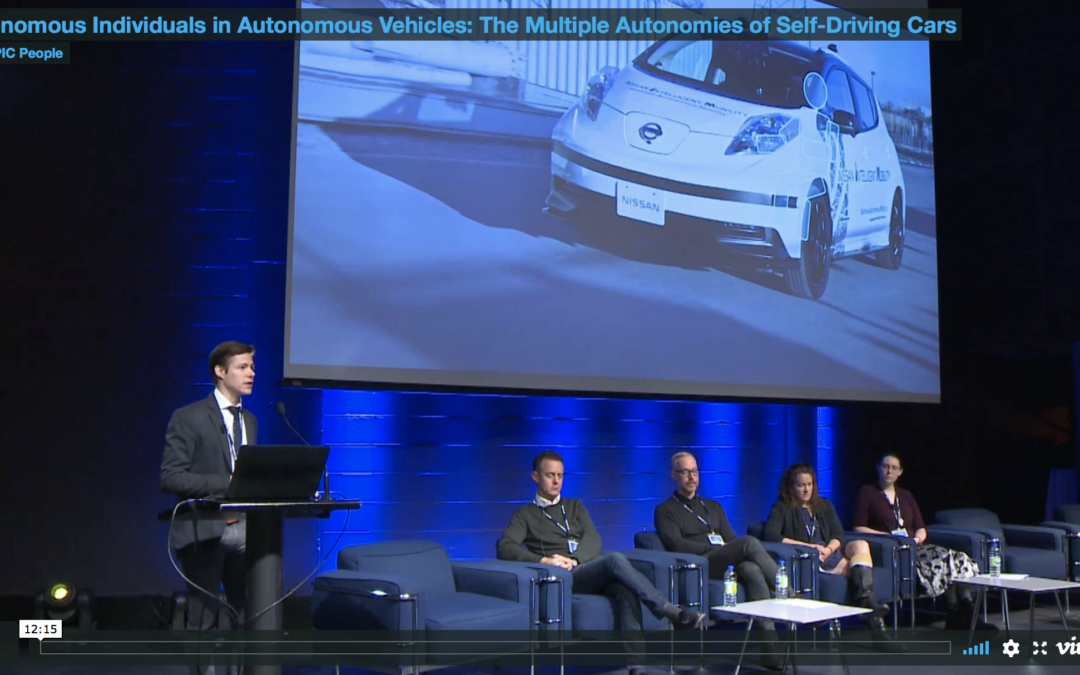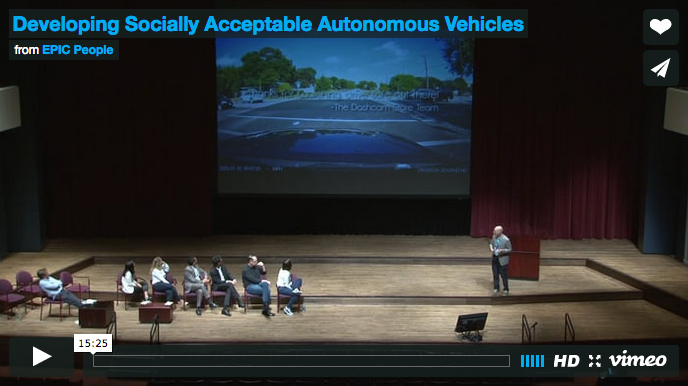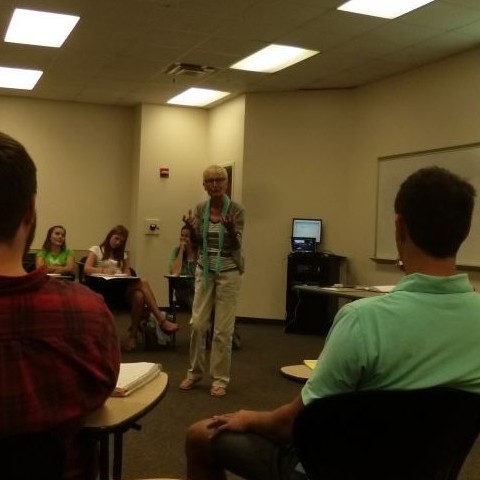We take the polysemy at the heart of autonomy as our focus, and explore how changing notions of autonomy are experienced and expressed by users of self-driving cars. Drawing from work-practice studies and sociomaterial approaches to understanding technologies, we discuss how driving as a task is...





